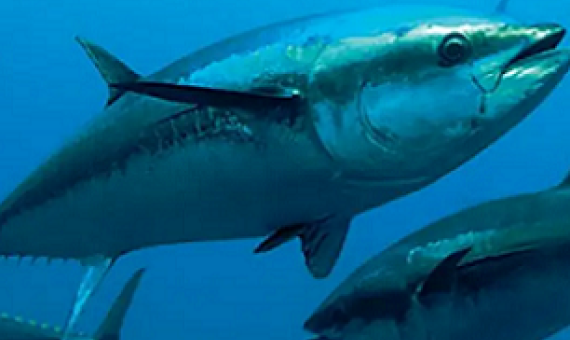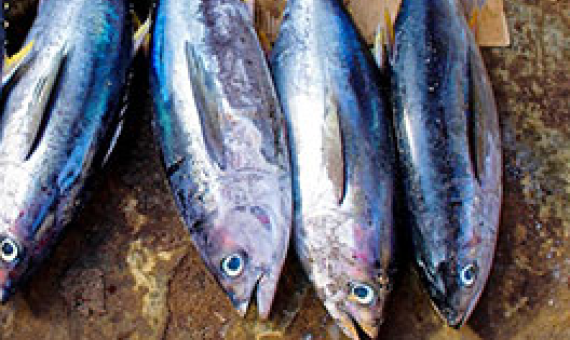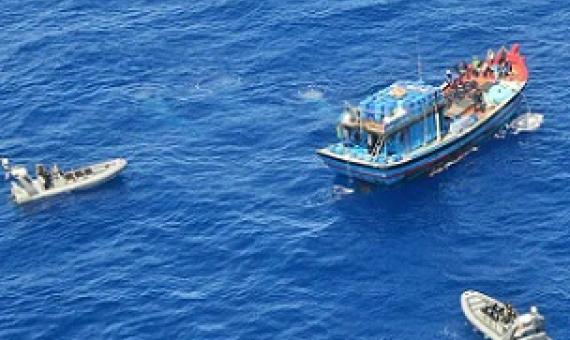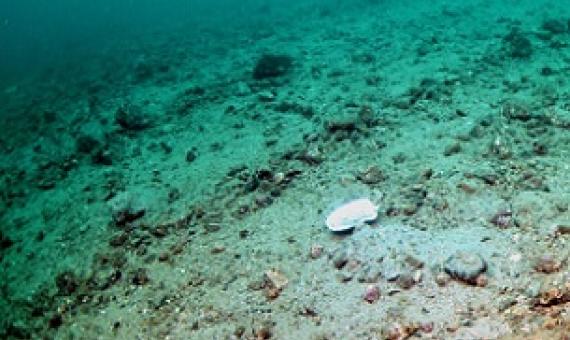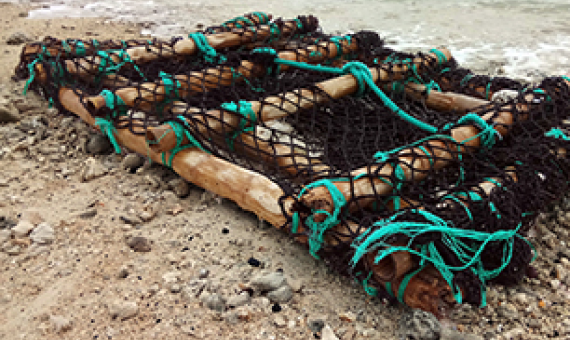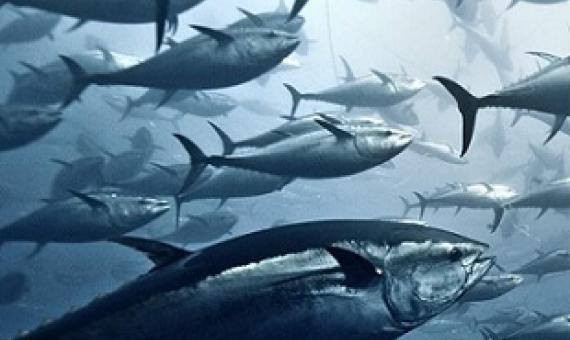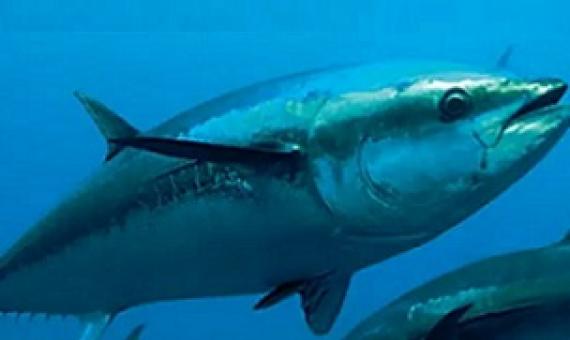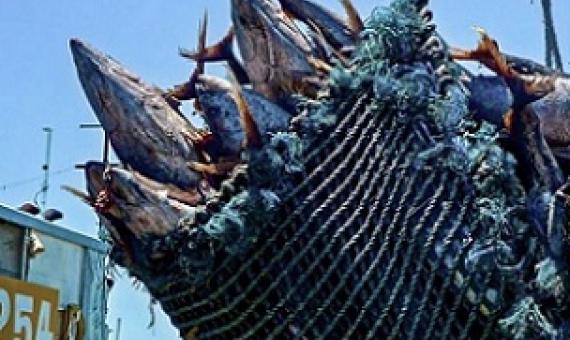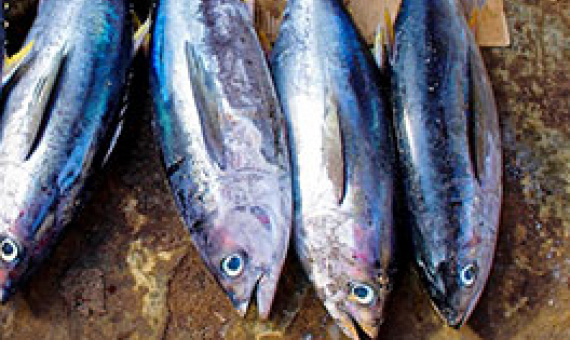The United Nations Fish Stocks Agreement (UNFSA) has governed worldwide “long-term conservation and sustainable use” of shared fish stocks—those that bridge the legal boundaries separating the waters of nations, mainly tunas and sharks—since 2001.
The last year has seen some promising changes in the global framework for environmental governance.
China has used the South Pacific Regional Fisheries Management Organization’s consensus-based decision-making mechanism to block the listing of two Zhoushan-based fishing vessels on SPRFMO’s illegal, unreported, and unregulated (IUU) fishing blacklist.
The South Pacific Regional Fisheries Management Organisation (SPRFMO) is an intergovernmental body that regulates fishing across the vast international waters of the South Pacific Ocean.
At a contentious special session of the Indian Ocean Tuna Commission (IOTC), developing nations bucked pressure from the European Union and approved an annual closure period for drifting fish-aggregating devices (dFADs).
When the Western and Central Pacific Fisheries Commission (WCPFC) comes together virtually for its annual meeting 1-7 December, member countries need to take stock of how far they still need to go to modernize management of tuna.
The Western and Central Pacific Fisheries Commission (WCPFC) 2021 meeting begins 29 November, as it faces the expiration of its Tropical Tuna Measure guiding fishing controls for bigeye, skipjack, and yellowfin tuna in its jurisdiction.
If one percent of global fisheries subsidies were redirected to onboard monitoring, the proportion of wild-catch fishing monitored by observers could create a meaningful impact in reducing illegal fishing and bycatch, according to Planet Tracker Financial Analyst Francois Mosnier...said he believ
Before a piece of tuna sashimi is presented to a diner, or a can of albacore makes its way to a sandwich, the fish must be caught and taken to market, ideally according to rules regarding where, when and how much fish can be taken from the water.
The fishing and seafood industries are worth billions of dollars each year globally, and almost every country plays some role in the supply chain, from fishing and processing to buying and consumption.

